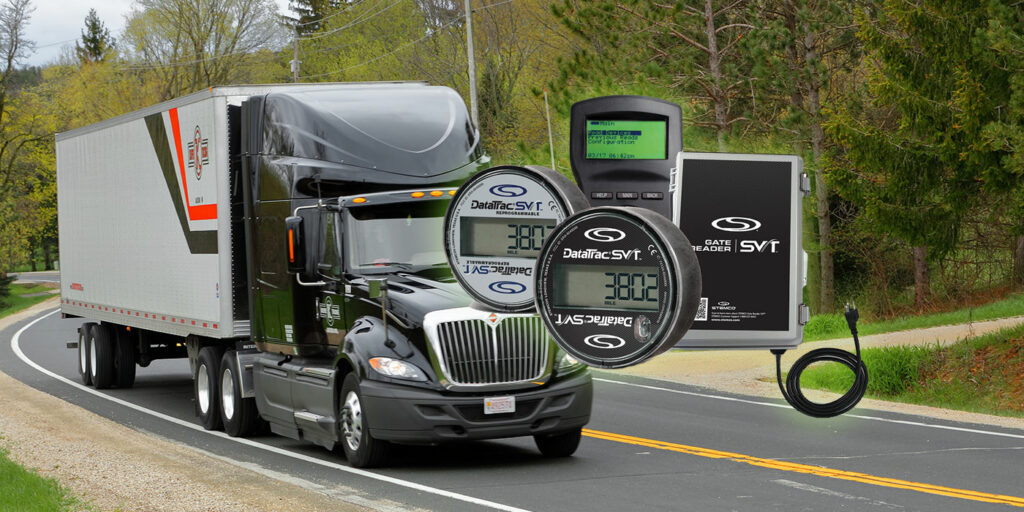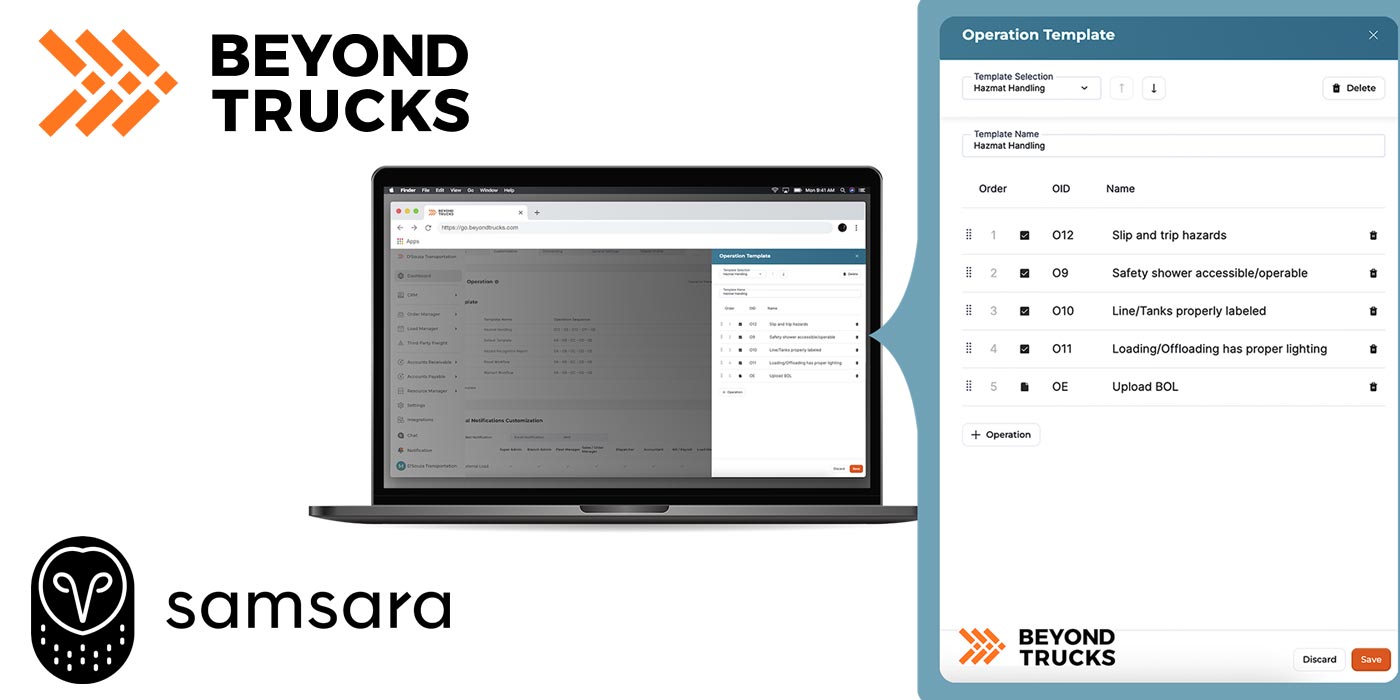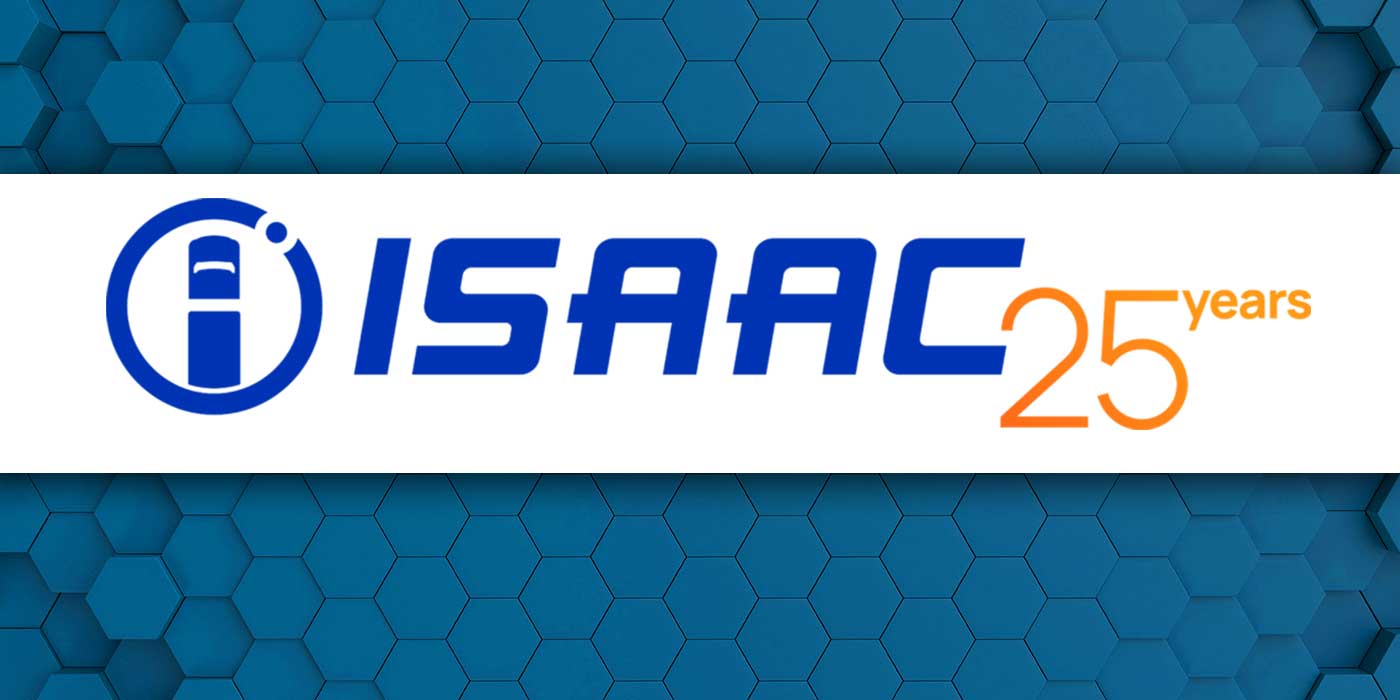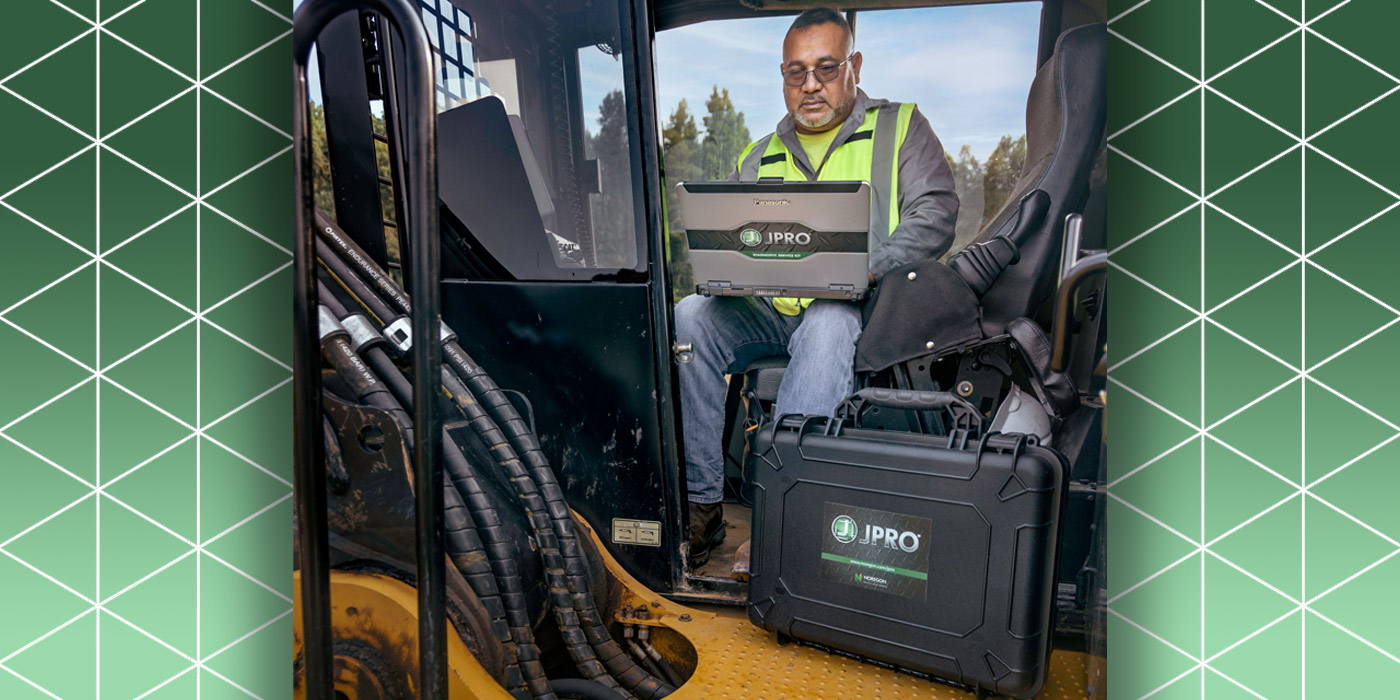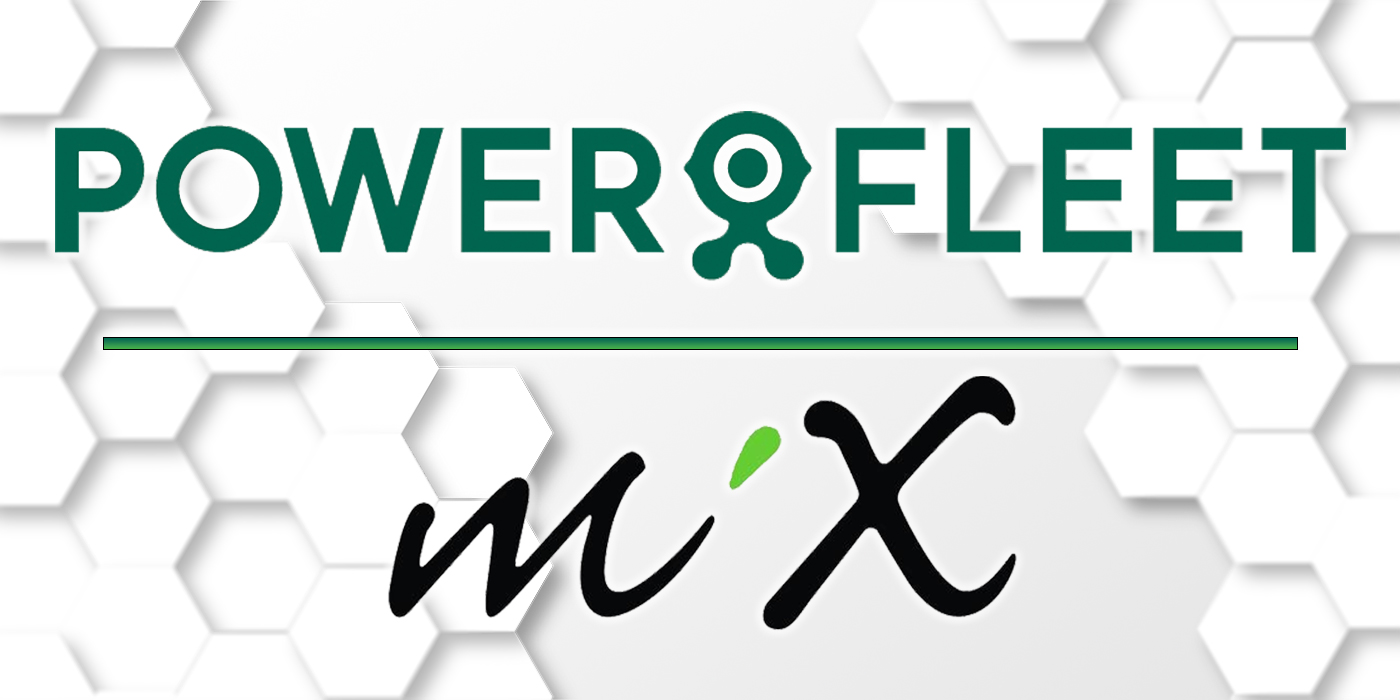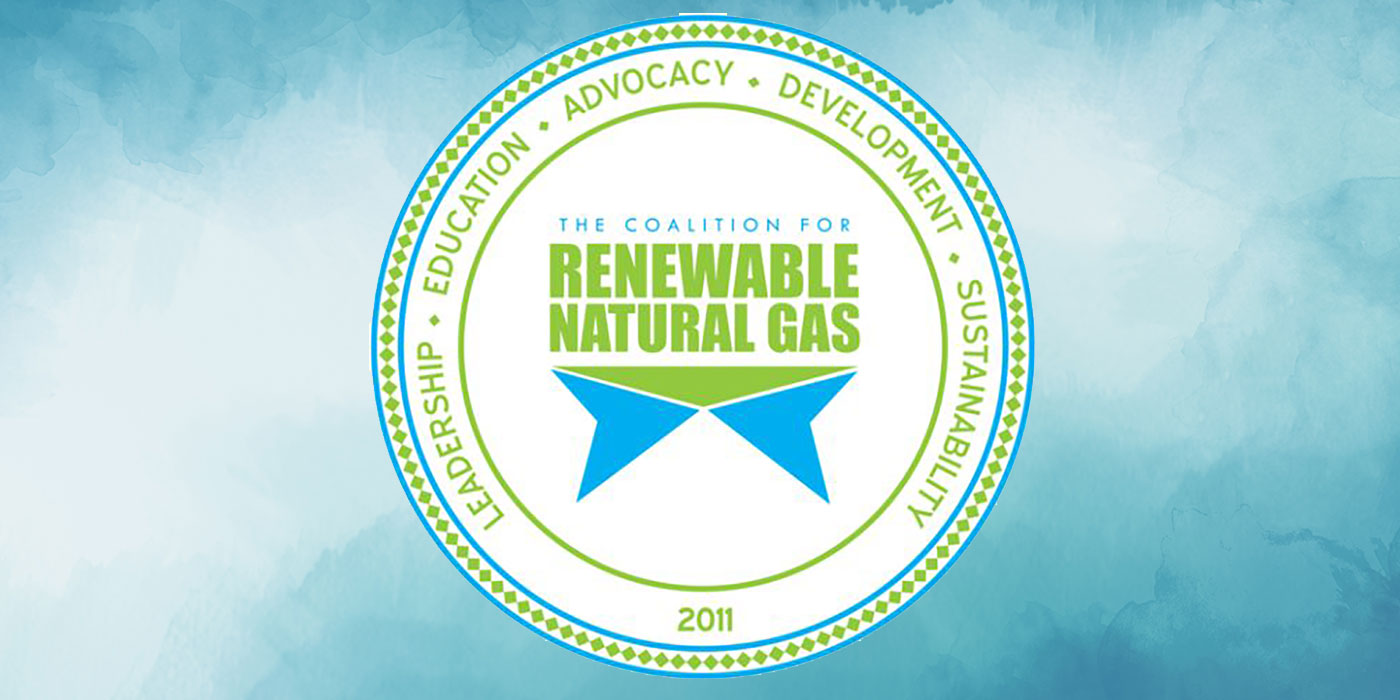When the fleet is on the road, you’re making money. That’s why fleet managers spend much of their time doing their best to minimize roadside incidents. Roadside incidents can easily cost fleets thousands of dollars considering the crew needed to handle the road call, which also means time lost. A roadside incident puts a vehicle behind schedule and may have a ripple effect on other loads that the driver was expected to pick up. The operation can begin to spiral. It’s a serious problem.
Yet, despite the common knowledge that unscheduled downtime has such a negative impact, according to the American Trucking Associations’ Technology & Maintenance Council, unscheduled roadside incidents were up in Q1 of 2021, compared to Q4 of 2020. The survey found that the number of miles per roadside incident was down, indicating more frequent issues.
So what can we do to combat these issues and minimize downtime?
The most notable contributing factor to successful fleet management is the implementation of consistent maintenance practices. That sounds simple enough, but there are several challenges that make it more difficult to keep these practices going when you’re managing an entire fleet.
The burden of gathering quality data
Fleet maintenance is generally determined by hitting certain mileage benchmarks. That’s usually how a team knows when to pull a vehicle off the road to perform scheduled maintenance. In the past, and for many in the present, gathering that mileage data has been a patchwork and tedious effort. Some fleets require their drivers to record mileage and report it to the managers. Others have team members weave in and out of the lot, taking readings on analog sensors. Either way, these tactics are filled with the potential for mistakes, issues and general oversight.
The lack of action when reviewing data
Once you have the data to make an informed decision about your maintenance practices, you need to act on it. Do all those mileage records go into one place to be reviewed and monitored? Are they updated consistently? Are they available for the right people to see them promptly if there’s an issue? Data is only as good as its ability to help us make good decisions to support our businesses and teams.
The labor commitment it takes
Gathering fleet data is important work, but frankly, it’s not the best use of fleet manager’s time. Even if truck drivers are reliable in their reporting of data, it takes a significant amount of work to remain updated on all the maintenance practices for an entire fleet. Also, if simple, honest mistakes happen, that can lead to a chain reaction of breakdowns, lost time and damaged reputation. In short, the system isn’t sustainable, at least not in 2021.
Is there a better way?
Automated data management systems can go a long way in keeping equipment on their maintenance schedules, decreasing labor hours, and saving thousands of dollars. For example, the new Stemco DataTrac SVT hubodometer is read by a fixed GateReader SVT or via a partner telematics company to automate the mileage collection process. This eliminates the errors often associated with ad hoc human collection systems, which can be unreliable and error-prone. Automatic mileage collection systems are also popular with bus fleet managers as the effort involved with unlocking every bus to collect the mileage is costly for maintenance personnel and can lead to lost ignition keys. The DataTrac SVT mileage is automatically collected via the new GateReader SVT from Stemco and is passed from the Stemco WebPortal SVT to the RTA Fleet management server and is printed on each maintenance work order, all 100% automated and always up to date.
You’ll often hear about companies being “data-driven;” admittedly this is a buzzword, but all it means is that we take into account all the information we have to make a good decision. Since consistent maintenance is such a crucial part of a fleet manager’s job, having all the mileage data easily on hand will lead to better processes and more reliable fleets. By using the data available to us, we can bring the number of roadside incidents down, make the roadways safer and deliver quality services for our teams and customers.
Daniel James Harding, PE is a principal product design engineer at Stemco, in Longview, Texas. Drawing on 25-plus years of experience, he primarily develops trailer/bus-mounted wireless sensors and readers for the commercial trucking industry with emphasis on telematics connected systems.

